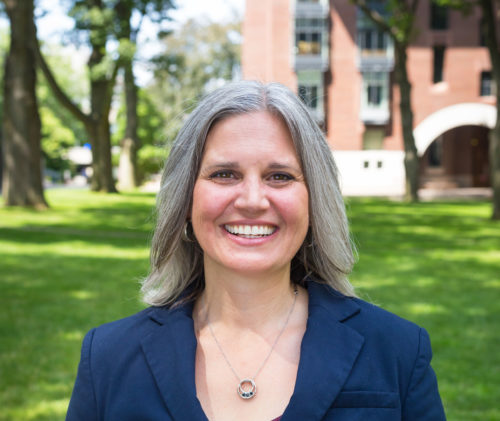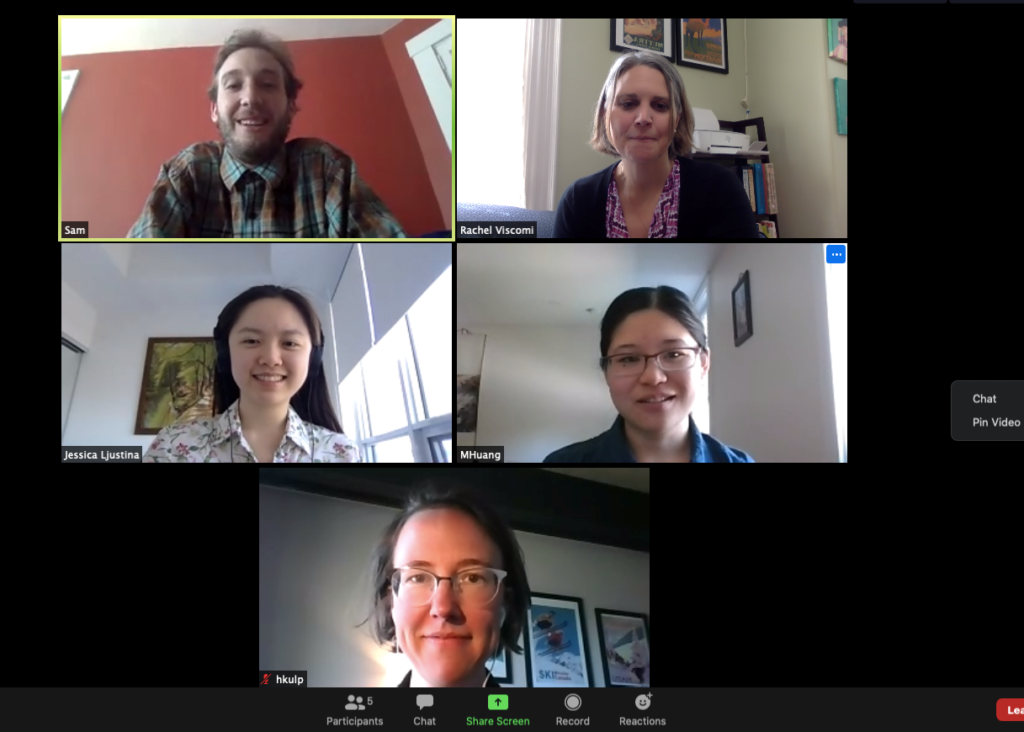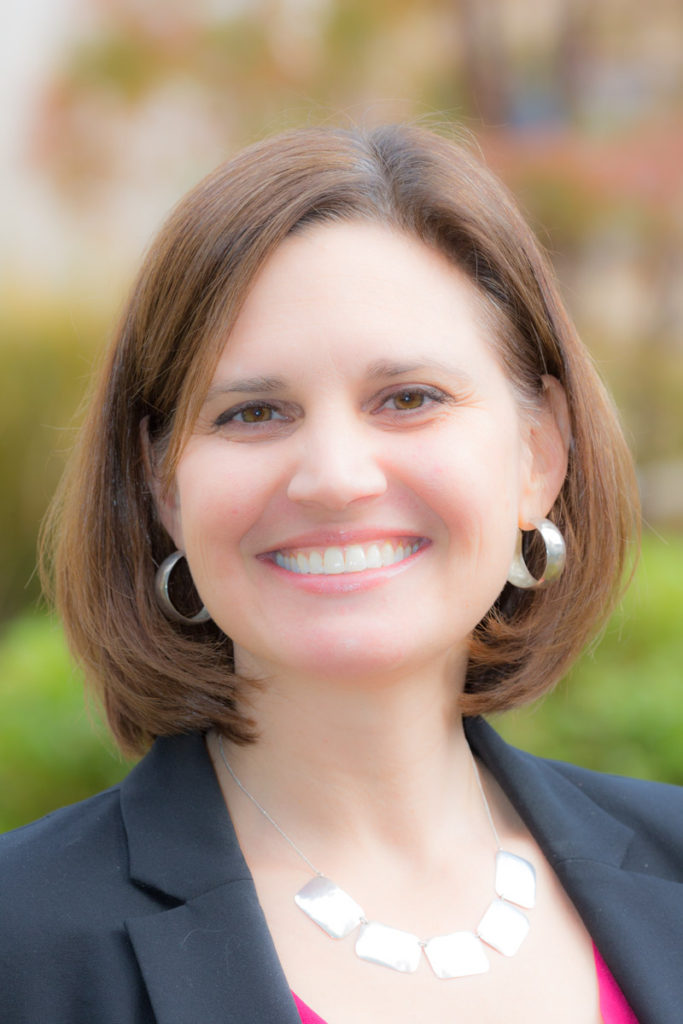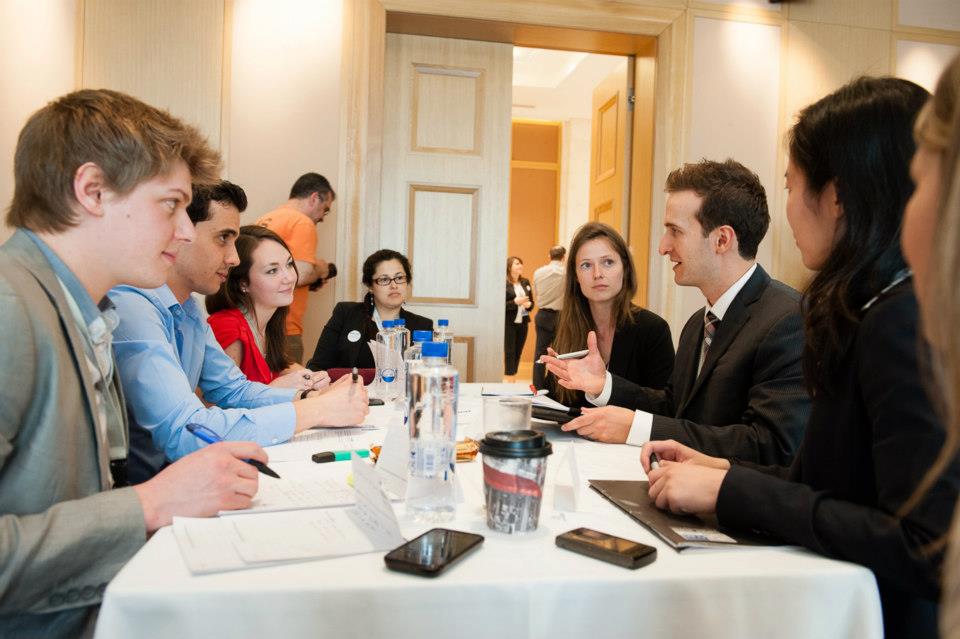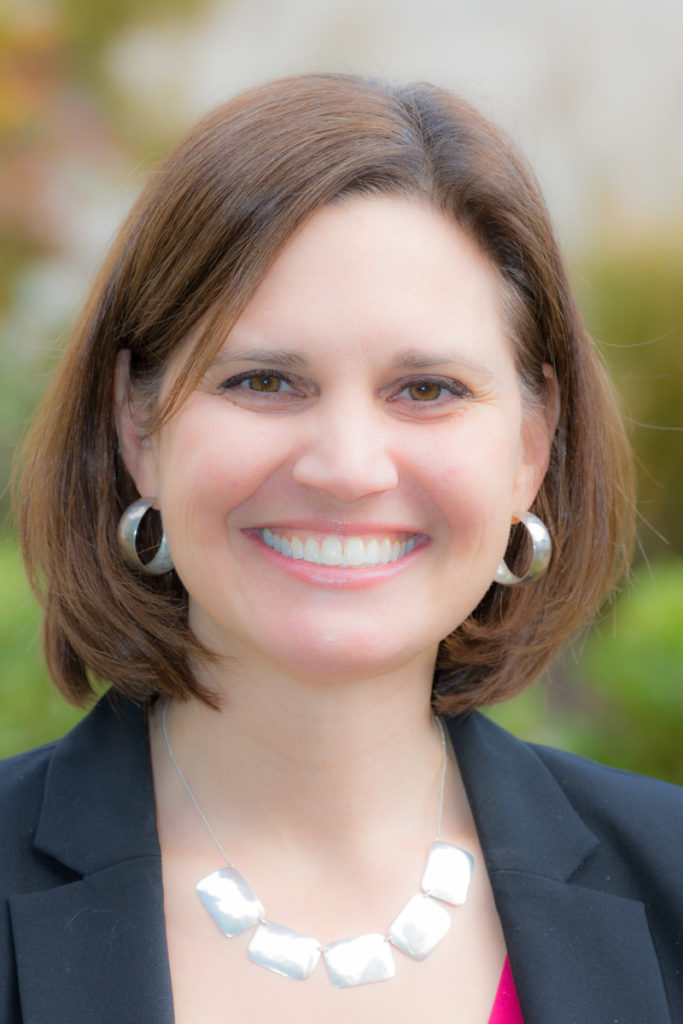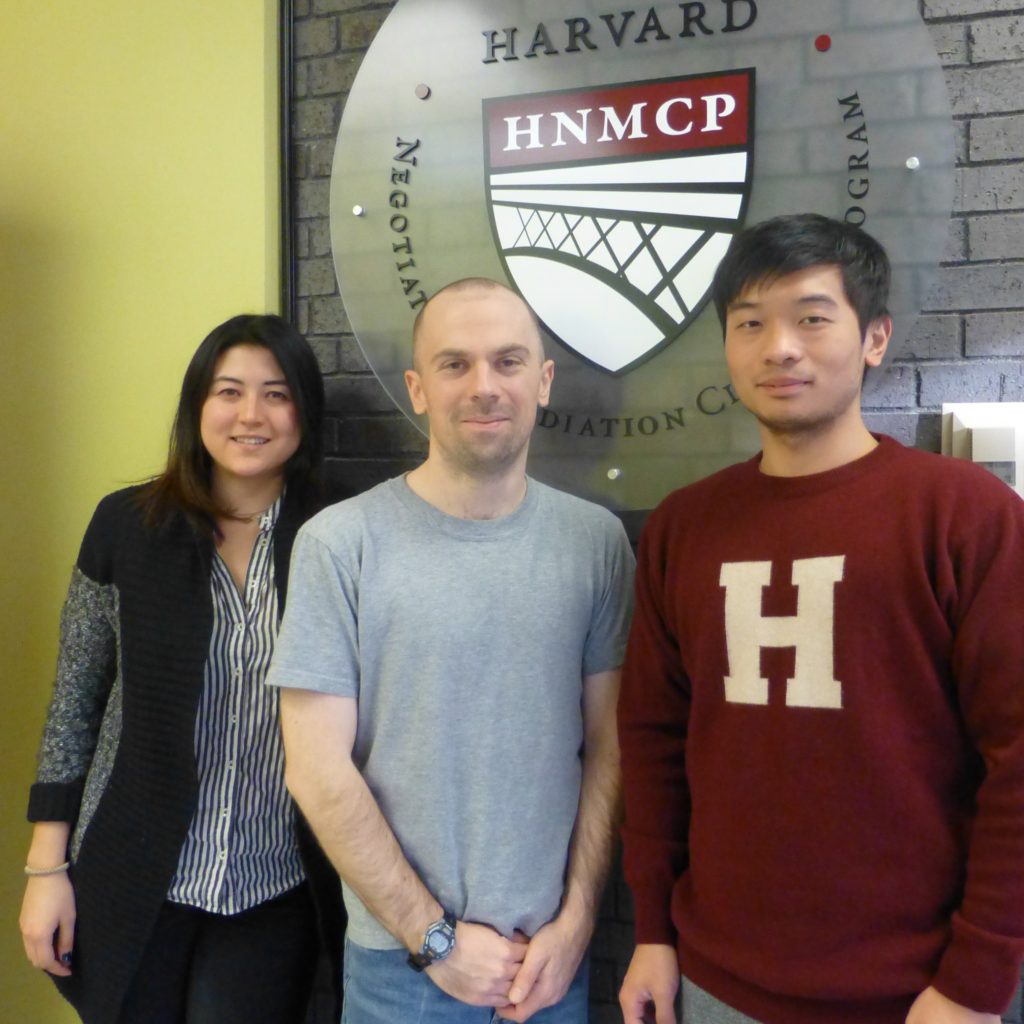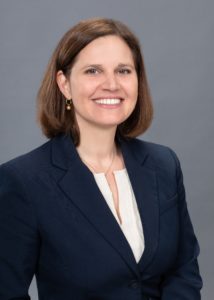 Dear friends and colleagues,
Dear friends and colleagues,
As the United States engages a deeply consequential election, one thing I know for certain is that, whatever the final tally shows, we have a long road ahead of us. The election, while vitally important, can only do so much. It can tell us who will sit in the Oval Office, in the Capitol Building, and our state governments; it can tell us what ballot measures will win and fail; but it cannot show us how to build the world we envision. It cannot weave the fabric of our communities, or help us to learn from each other’s fear and pain and loss. It cannot create a sense of shared care, connection, and responsibility among us as we move forward.
In recent years, many have felt uncertain about the power of dialogue and connection in the face of deep divisions, while others have decried its wisdom in the face of insidious and enduring structural imbalances. From where I sit, the importance of empathy and compassion has only become more vital. I see no path to a more just, more equitable, more caring world that does not require that we embody justice, equity, and care in the way we interact with each other—without exception. While there is critical work that remains to be done in dismantling and rethinking many of the foundational assumptions and practices of our field, the work feels more urgent than ever. In these moments in which there are those who would continue to divide us and profit by our division, I believe it is radical to seek to hold space for each other, despite our many differences. I believe it is only by hearing from and bearing witness to one another’s pain that we can truly seek to move forward.
In our multiparty negotiation course last spring, we watched a powerful clip from a PBS documentary called “The First Rainbow Coalition.” The film documents how the Black Panther Party in Chicago worked across racial, ethnic, geographic, and political lines to build an unlikely coalition with the Young Lords and the Young Patriots, uniting Puerto Ricans, southern Whites, and Blacks. Despite the division and distrust between them, they managed to cultivate a sense of connection and common purpose by appealing to a shared desire for revolution and change. That the coalition did not endure is, paradoxically, a testament to its power and the fear it created in the established order. Over 50 years later, this improbable example of unity reminds us that impactful political and social change begins with building bridges to one another.
I know I am not the only one who has felt a depth of exhaustion and, at times, despair, in these last months. Many of us are running on empty. We are trying to care for ourselves, for our families, for our communities under trying circumstances with no end in sight. And we are working toward a better future.
My colleague Morgan Franklin is fond of quoting Alice Walker’s adage that “the most common way people give up their power is by not believing they have any.”
May we believe in our individual and collective power.
Please read on to hear about some of what has been keeping us busy.
Warmly,
![]()
Rachel Viscomi ’01
Director, Harvard Negotiation & Mediation Clinical Program
Assistant Clinical Professor, Harvard Law School
Fall 2020 News from HNMCP
The Dispute Systems Design Clinic is deep into the work of five important student projects this fall which cross sectors and subject matters. Our students and clients alike have demonstrated both a focus on delivering service and an adaptive responsiveness to the many challenges of the current moment. This semester’s projects span the design of a dispute system for a cooperative makerspace in Texas, to an analysis of how a court system has adapted to the pandemic by offering remote hearings; from offering advice on designing an alternative to the 911 system in Boston, to proposing a new hearing process for licensing nuclear reactors, to studying how movements gain power to facilitate major political change. Read more about each of our projects below.
o New Hampshire Judicial Branch
o Power, Protests, and Political Change
o U.S. Nuclear Regulatory Commission
This fall saw shifts in our own team at HNMCP, as we said goodbye to cherished colleagues and welcomed new ones with open arms. Assistant Director Rachel Krol ‘12 returned to her beloved Philadelphia, and is building her consulting practice while serving as a Lecturer at the Wharton School of the University of Pennsylvania. Andrew Mamo ‘14 concluded his term as a Clinical Instructor and Lecturer on Law and accepted a position as Assistant Professor of Law at Northern Illinois College of Law. Lisa Dicker ‘17 joined us as a Clinical Instructor after several years working in peace negotiation and post-conflict transitional contexts, and former Clinical Fellow Morgan Franklin ʼ17 was promoted to a Clinical Instructor position as well. Oladeji Tiamiyu ʼ20 began in August as our new Clinical Fellow, having spent his summer as an Online Dispute Resolution Fellow at the Resolution Systems Institute in Chicago. Our sadness at saying goodbye to Rachel and Andrew is mixed with deep gratitude for their incredible contributions to HNMCP, and excitement about what Lisa, Morgan, and Oladeji bring to our program at such an important moment.
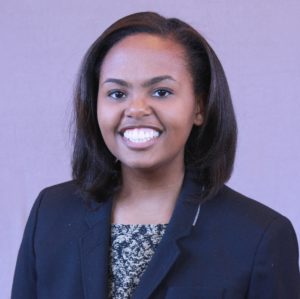
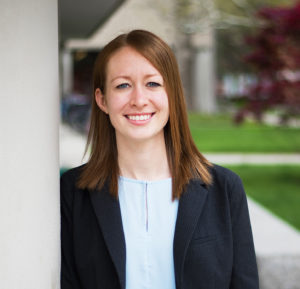
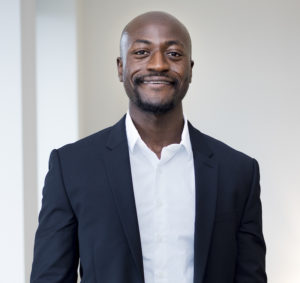
We’re proud to highlight the scholarship and content produced by members of our team over the past several months. Andrew Mamo has published Three Ways of Looking at Dispute Resolution, (54 Wake Forest L. Rev. 1399), which tracks the historical and philosophical roots of alternative dispute resolution, highlighting the ideological diversity within field’s justifications and explaining some divergence that we see today. And this summer, HNMCP alum Lisa Dicker ’17 and HLS alum C. Danae Paterson ’16 co-authored Covid-19 and Conflicts: The Health of Peace Processes During a Pandemic (25 Harvard Neg. L. Rev. 213), which provides a preliminary analysis of the impacts of the pandemic on a range of peace processes, including those in Libya, Syria, Yemen, Sudan, and South Sudan. Later this fall, the HNMCP blog will feature a follow-up interview with Lisa and Danae about the process of writing the article and what we’ve learned about these impacts since its publication in June. The HNMCP blog has served as platform for members of our team (including our summer intern, Carla Luna ‘21) to reflect on the challenges that the pandemic poses for conflict management, the promises and perils of virtual facilitation, and, most recently, how a dispute systems design lens can offer a helpful reminder of the importance of voting. Finally, at the beginning of the fall we concluded our 10-episode podcast series, “Thanks for Listening,” exploring the partisan divide in America. Hosted by Clinical Instructor Neil McGaraghan and Assistant Director Sara del Nido Budish ‘13, the last two episodes of the series examined conversations on race in the wake of George Floyd’s murder, and an improbable effort in Congress to bring Democrats and Republicans together. In a reflection piece, Neil and Sara look back on the past two years of producing the series, and the hope that the guests provide as we approach the election on Tuesday.
The Harvard Mediation Program (HMP) quickly adapted to meet a new challenge this fall: how to make student mediators available from their homes across the globe to the Boston-area court systems HMP has been working with for decades. In this article, HMP student Communications Director Ethan Lowens ‘21 and HMP Clinical Instructor Cathy Mondell ‘98 share an update and reflections on how mediating has changed—and how it hasn’t—in this new environment. HMP is currently preparing to deliver its first-ever virtual mediation training during the spring semester. In a similar vein of using new technologies for engaging across differences, Lecturer on Law and HNMCP Clinical Instructor Neil McGaraghan is one of several facilitators from around the country who are helping our friends at Essential Partners lead dialogues in middle school and high school classrooms at the Ravenscroft School in North Carolina. The program is designed to teach students tools for engaging with each other and strengthening their very “purple” community as they head into and beyond the 2020 Election.
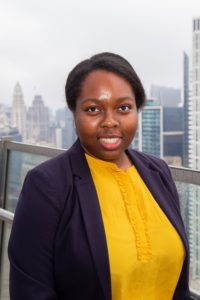
Our clinic alumni continue to bring the insights and skills they engaged in their projects to their endeavors outside of the classroom. This fall we caught up with 3L Obianuju Enworom ʼ21 and heard about how some of the on-the-ground skills she developed in the Dispute Systems Design Clinic, such as stakeholder interviews and survey design, have supported her work elsewhere in law school, and how the skills she developed in the Facilitation Workshop have stood her in especially good stead in the current online world. We also spotlight recent grad Corey Linehan ʼ18, a two-time DSD Clinic student who is a legislative assistant in the office of U.S. Senator Christopher A. Coons, where his work focuses on health and education policy, and an adjunct professor in the Master of Leadership & Negotiation Program at Bay Path University. We’re inspired and humbled by the ways in which Uju and Corey have found new applications for their experiences in the clinic!
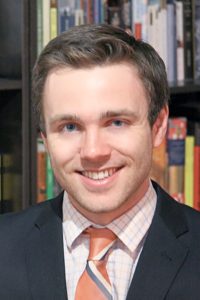
Finally, this moment is particularly poignant as we look ahead to a spring semester that will be fully remote at Harvard Law School. While the official news hardly came as a shock, we continue to be mindful of the many ways in which this academic year is so unlike any other, especially for our students. To offer additional ways to connect to others in the field, we have initiated a weekly, curated events email highlighting the discussions, conferences, and panels happening all over the country that might be of interest to our students. If you have an upcoming public event relating to conflict engagement, please send the full details (title, description, date and time, and registration or Zoom link) to [email protected] and we would be glad to include it. Our students have kept our HNMCP community engaged, vibrant, and curious, and we are always seeking new ways to connect and offer the sense of belonging that is at the core of who we are.

